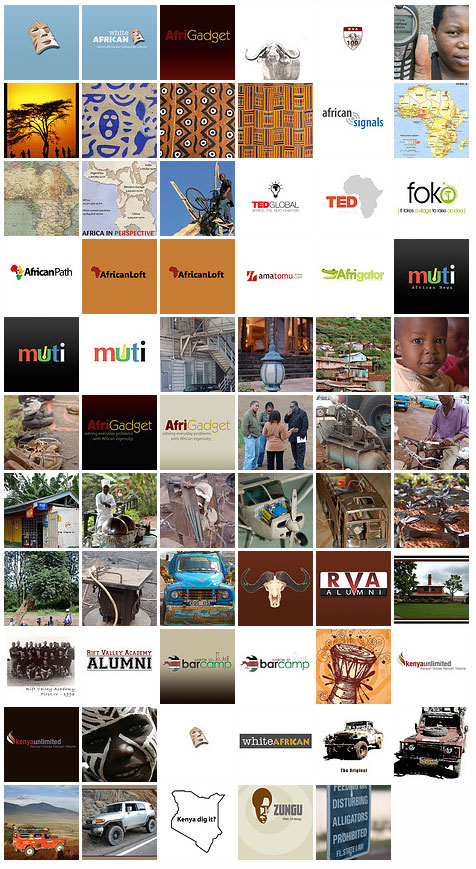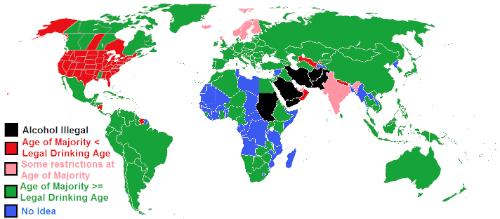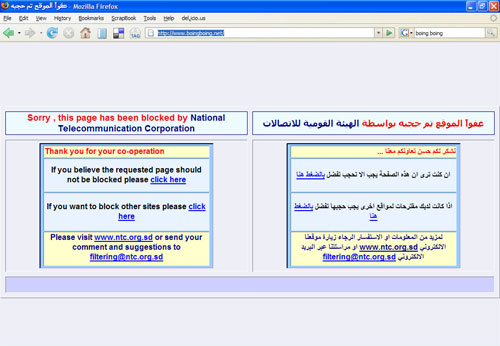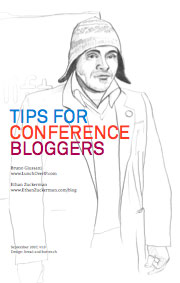There is a group of Kenyan techies, called Skunkworks, that talk on a Skype channel regularly. It’s an interesting mix of developers who share news and talk passionately about the potential of the web and mobile market in Kenya. In our conversation last week, the discussion of local content for specific regions kept popping up.
A fine example of local content would be MyStocks, a website for the Kenyan stock market. It is hyperlocal content designed only for people interested in a specific area, in this case Kenya.

So, going off of my last post on what types of applications are you developing – which is really a foundational question that each developer should ask themselves before starting on anything – I decided to share a couple of ideas for web apps that could work on the local level. The caveat here is that ideas are just ideas, it’s the execution on anything that makes something work.
1) A Country-wide Real Estate Site
 After building eppraisal.com, this is a natural one for me to think of. The keys to this kind of application are the property data (land size, cost history, building size, owner info, etc.) and mapping.
After building eppraisal.com, this is a natural one for me to think of. The keys to this kind of application are the property data (land size, cost history, building size, owner info, etc.) and mapping.
At first glance mapping seems like the Achilles heal of this idea. Visualization of data is important, and each country has a different level of mapping. That variable can be taken care of on a couple different levels. First, Google is hiring for that position, so it’ll get easier everywhere soon enough. Second, crowdsourced alternatives and/or working with your own tools are a real possibility.
The reality is that though mapping is really nice to have, it only becomes useful when you have a lot of people with enough bandwidth to handle it. More important is the need for someone to digitize the data that is currently gathering dust in offices throughout Africa. The key here is the property data, even if you never created a web application and just had that data, it could be licensed out.
Cities are the biggest target for this type of application, but as mapping and bandwidth increase rural areas become more interesting. A mobile application that feeds certain data fields to interested parties is a natural fit as well.
2) Business-focused File Transfer Application
 File transfer speeds within a country are much faster than international, especially in most African countries that don’t have a large pipe connecting them internationally. Many file sharing services, like DropSend or YouSendIt, just don’t make sense to use in some areas of Africa. However, a local alternative that allows local businesses to easily share large files could be very useful.
File transfer speeds within a country are much faster than international, especially in most African countries that don’t have a large pipe connecting them internationally. Many file sharing services, like DropSend or YouSendIt, just don’t make sense to use in some areas of Africa. However, a local alternative that allows local businesses to easily share large files could be very useful.
A nominal charge for use of this service would be accepted. After all, it’s a lot faster and more reliable than burning a CD/DVD and then sending it across a traffic congested town with a guy on a motorcycle.
3) A Local Shopping/Pricing Website
 The concept here is built around the idea of people being able to get alerts (SMS or email), or be able to check prices of goods via their mobile phone or using a website. You would need to be able to build a database of products with their corresponding prices.
The concept here is built around the idea of people being able to get alerts (SMS or email), or be able to check prices of goods via their mobile phone or using a website. You would need to be able to build a database of products with their corresponding prices.
The closest example of an idea like this is MamaMikes, where you can buy vouchers for goods in Kenya online. Imagine that concept, but with a larger database of goods compared across multiple merchants. The trick in getting something like this to work is having the stores realize that they sell more goods when people can find them online.
Just as there is a business built up around pricing, reviewing and selling products online elsewhere in the world, this can work on the local level in many parts of Africa as well.
Own the Data
One last point worth mentioning is to try and be the owner of the data that you collect for your application. If you are creating a local shopping/pricing site, then try to create the best database of business information, location and ownership in the area. This data is valuable and can be licensed to others, or made available through an API that brings you more traffic or revenue.
This point can’t be driven home enough. There is very little data/content on Africa available on the web. Whoever captures and creates a database of that information will have an incredibly lucrative product. By the way, this isn’t always easy to do, but then if it was it would already have been done.
The payoff comes to he who has the most complete and accessible local data.
[Update: The day after this post was written and we have an excellent case study. Nokia is buying up NAVTEQ, the mapping/GIS data provider for Google Maps, Microsoft and Yahoo for $8 Billion.]



 It turns out that what Google is doing in the mobile space might not be a direct competitor to the iPhone, like was originally rumored. Google’s take on the space is going to be based around the idea of a Mobile OS – creating an open source alternative to Windows Mobile. If it includes a browser, then it will compete with Opera and Safari as well.
It turns out that what Google is doing in the mobile space might not be a direct competitor to the iPhone, like was originally rumored. Google’s take on the space is going to be based around the idea of a Mobile OS – creating an open source alternative to Windows Mobile. If it includes a browser, then it will compete with Opera and Safari as well.


 After building eppraisal.com, this is a natural one for me to think of. The keys to this kind of application are the property data (land size, cost history, building size, owner info, etc.) and mapping.
After building eppraisal.com, this is a natural one for me to think of. The keys to this kind of application are the property data (land size, cost history, building size, owner info, etc.) and mapping.  File transfer speeds within a country are much faster than international, especially in most African countries that don’t have a large pipe connecting them internationally. Many file sharing services, like
File transfer speeds within a country are much faster than international, especially in most African countries that don’t have a large pipe connecting them internationally. Many file sharing services, like  The concept here is built around the idea of people being able to get alerts (SMS or email), or be able to check prices of goods via their mobile phone or using a website. You would need to be able to build a database of products with their corresponding prices.
The concept here is built around the idea of people being able to get alerts (SMS or email), or be able to check prices of goods via their mobile phone or using a website. You would need to be able to build a database of products with their corresponding prices. 


 These appear to be more than the normal sale-type jobs that they have hired for in the past. Particularly, I’m interested in the one that has to do with mapping. It’s interesting that Google finally thinks that’s worth doing better in Africa. (hat tip
These appear to be more than the normal sale-type jobs that they have hired for in the past. Particularly, I’m interested in the one that has to do with mapping. It’s interesting that Google finally thinks that’s worth doing better in Africa. (hat tip  I’ve started to contribute (sporadically) to a new website called Thought Leader out of South Africa. Here I talk about the problems that we face in Africa with regard to running businesses online. There are no real payment and merchant options that fit the needs of Africans.
I’ve started to contribute (sporadically) to a new website called Thought Leader out of South Africa. Here I talk about the problems that we face in Africa with regard to running businesses online. There are no real payment and merchant options that fit the needs of Africans.